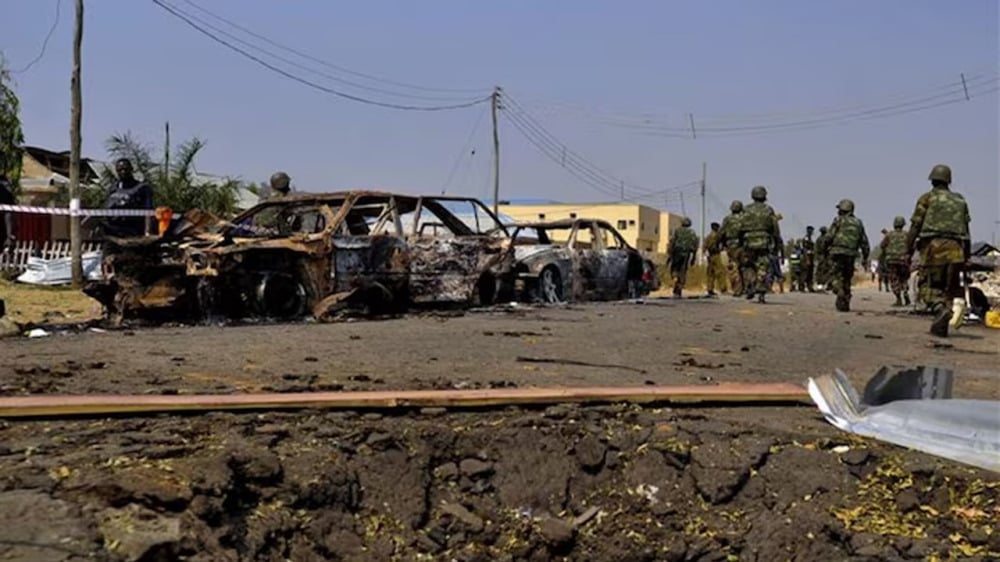
Female suicide bombers in Nigeria targeted a wedding ceremony, a funeral and a hospital, killing 18 people. The first explosion took place at a wedding ceremony in Gwoza in the north-east. A short while later, an explosion took place near the General Hospital, after which a third bomber who was at the funeral blew himself up among the mourners. At least 30 people were injured.
Saidu said another explosion occurred a few minutes later near the General Hospital. The third attacker was disguised as a mourner who attended the funeral. The dead included children and pregnant women. At least 30 others were injured.
Use of women in suicide bombings
There was no immediate claim of responsibility for the attack. Borno state has been badly hit by an insurgency launched by Islamist extremist group Boko Haram in 2009. In the past, Boko Haram has used women and girls in suicide bombings. It was suspected that some of the attackers were among the thousands of people abducted by the extremists in the past few years, including schoolchildren.
Nigerian President expressed condolences
Nigerian President Bola Tinubu described the attack as an act of terrorism in a statement. The insurgency, which has spread to the borders around Lake Chad, has killed more than 35,000 people, displaced more than 2.6 million people and created a massive humanitarian crisis.
Islamic State in Nigeria
Boko Haram is a notorious terrorist group affiliated with the Islamic State group. It seeks to establish an Islamic state in Nigeria. West Africa's vast oil-rich population of 170 million people is roughly evenly divided between the Christian-majority south and the predominantly Muslim north.
1,500 students kidnapped
The second wave of suicide bombings in Borno has raised significant concerns about the security situation in the region. Authorities imposed a curfew in the town. Gwoza is a few kilometres from Chibok, where 276 schoolgirls were kidnapped in 2014. About 100 girls are still in captivity. Since then, at least 1,500 students have been kidnapped across Nigeria as armed groups find the practice a lucrative way to finance their criminal activities and gain control over villages.
 look news india
look news india